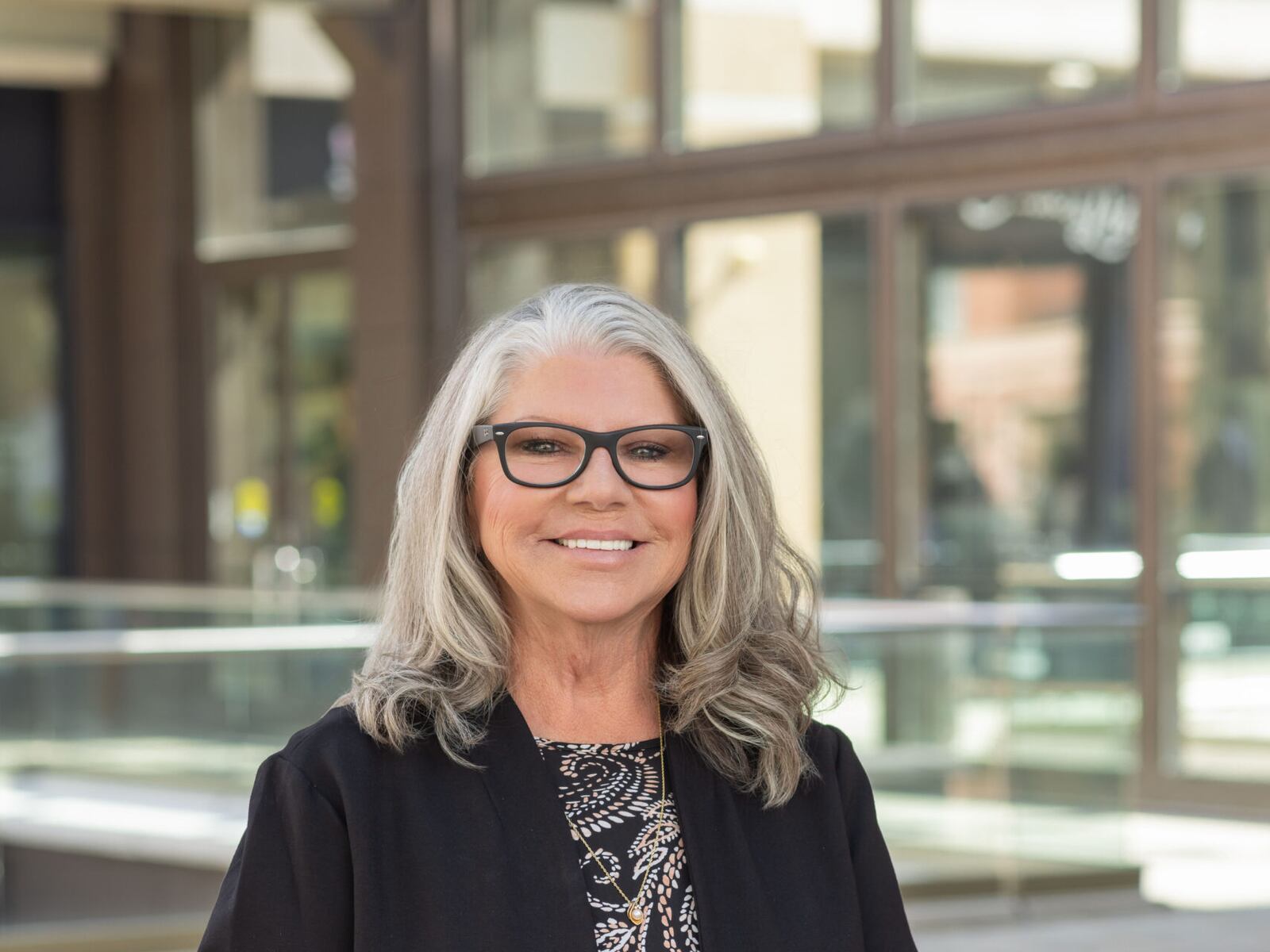Motherhood may not come with stock options or paid time off, but it is one of the most demanding and impactful roles in society. It’s a long-term project where the minimum viable product isn’t released for 18 years. It’s big-picture thinking, human resource management and a masterclass in negotiation. It’s hard work that isn’t traditionally respected on a resume, and it absolutely influences our business ecosystem.
Debbie Starks has raised some of Utah’s most prominent business leaders: Willie Starks, owner of Moonstruck Catering and Fry Me to the Moon; Steve Starks, CEO of The Larry H. Miller Company; Ryan Starks, executive director of the Governor’s Office of Economic Opportunity; Aaron Starks, CEO and president of 47G; and Matthew Starks, landscape architect.
“It’s not an easy job being a mother, but you’ve got to have intestinal fortitude to do it,” Starks says. Her statement rings even truer in context; she was adopted when she was five days old. “My [birth] mother was unable to keep me,” she says — and she has only recently learned she was one of eight children.
When Starks was 14, her adoptive mother passed away, and her grandmother took over her upbringing. Without the benefit of a mother or sisters to emulate, Starks observed other mothers in the community. “I’m not talking [about] successful businesswomen,” she says. “I’m talking about everyday mothers who faced struggles and learned to develop their own grit.”
Even with limited resources, Starks managed to provide for her family and instill strong values. Her husband gave up his career as a Los Angeles policeman to move the family to Utah, seeking a safer environment for their children. This decision meant sacrificing a portion of his retirement and transitioning to a career as a semi-truck owner-operator. With her husband frequently on the road delivering loads, Starks stepped back from her retail management position to focus on raising their boys.
Starks had grown up in Los Angeles, where she was surrounded by people of different nationalities, ethnicities and beliefs. Though she raised her sons in the more homogeneous area of Utah, she taught them to respect others and embrace diversity. “I never allowed them to be bullies or to have bullies as friends,” she says. “It was important for me that they never harbored prejudice and always treated others with kindness.”
Her boys are grown now, but Starks says her job is far from over. “Raising children doesn’t stop when they get married or leave home,” she says. “Teaching and guiding continues.” Even now, Starks finds herself reminding her grown sons of the manners and values she instilled in them from a young age. “[I still] smack their arm and tell them to get [it] off the table when they’re eating dinner,” she laughs.
Despite countless hours, struggles and often invisible efforts, Starks’s legacy is her “work product” — five accomplished sons who are leaders in Utah’s business community. “I worked very hard to overcome my disadvantages and to be a good mother,” she says. “I hope I succeeded. I think I did. I’m pretty crazy about them, and I know they’re pretty crazy about me. I couldn’t be prouder.” To Main Page


